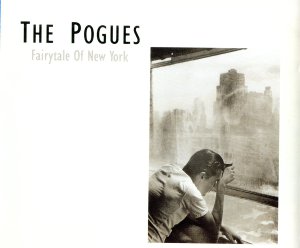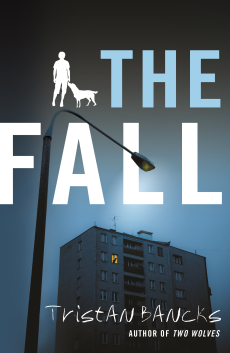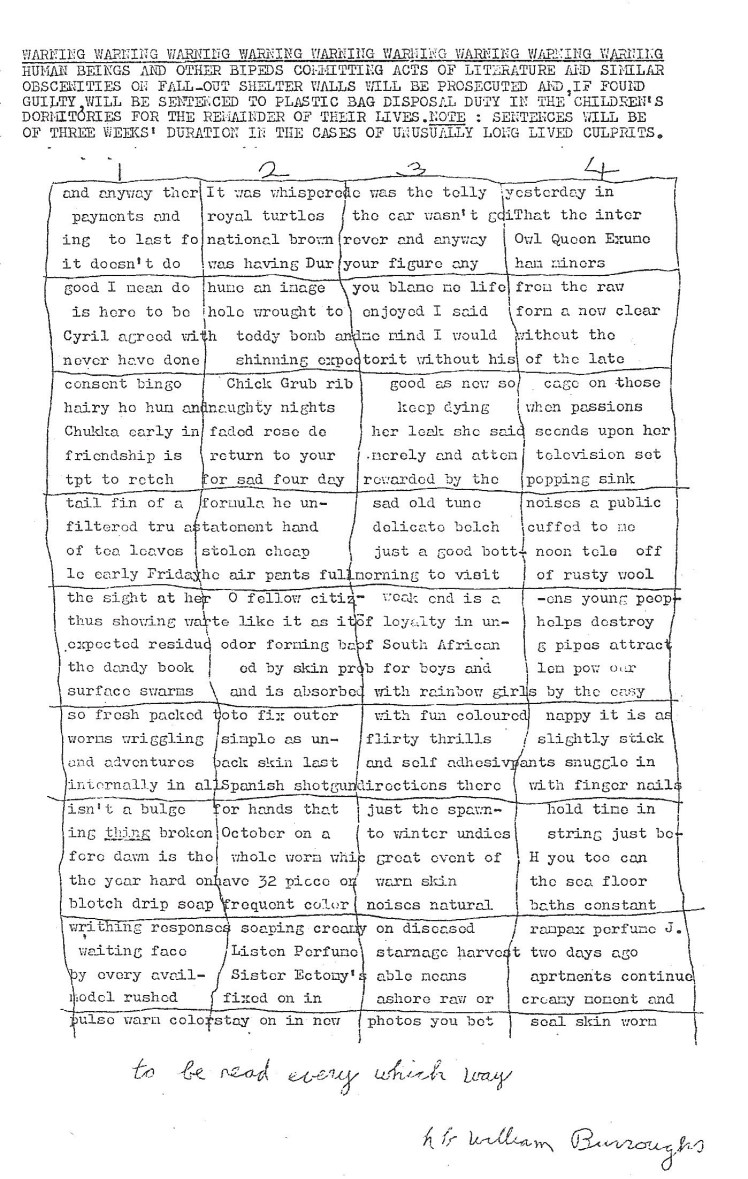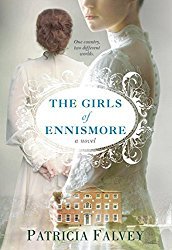 Christmas has the reputation of being the season of goodwill to all men. A time of happiness and a time where people can gather and share and be merry. It’s never that perfect though. There are constant reports of people who seem to either be in circumstances that just match up to what looks like an impossible vision of Christmas.
Christmas has the reputation of being the season of goodwill to all men. A time of happiness and a time where people can gather and share and be merry. It’s never that perfect though. There are constant reports of people who seem to either be in circumstances that just match up to what looks like an impossible vision of Christmas.
Christmas music often far too happy. Jingle bells and major chords flood the charts yet again as the familiar songs enter the public consciousness. The glockenspiel intro to Mariah Carey’s ‘All I Want For Christmas Is You’ immediately signals the incoming onslaught of the same ten songs being played throughout your Christmas shopping experience. Then at some point Noddy Holder screams “IT’S CHRIIIIIIIISTMAAAAAAAS!”
In the United Kingdom, there’s one song that’s played more than any other at Christmas. It’s not even a Christmas song, but is set around the time. It’s not a happy song and it doesn’t portray an attempt at making Christmas a positive time: ‘The Fairytale of New York’ by The Pogues and Kirsty McColl.
If you want a run through of the history of the song, your best bet is to give the Wikipedia article a read. It’s quite long and goes into quite some depth about Pogue’s singer Shane McGowan’s long process about writing the song and recording it (here’s a taster: it took two years from writing to record and release). But it was a process that led to the UK’s most played Christmas song.
On a surface level, it mixes in instruments and styles that you don’t see in other Christmas songs. From the solo piano accompanying McGowan’s singing about being thrown in a jail cell, to the duet bringing forth a full blown Irish song with accordions, harps and a full string section. There’s no jingle bells in sight.
There’s the witty lyrics that are performed perfectly by McGowan and McColl’s delivery. Everyone knows the “Merry Christmas you arse, I pray God it’s our last” line, but lyrics tell a much more interesting story that expands a little when you read into them.
McGowan’s male protagonist is a drunkard who is thrown into a jail cell with another drunk man who sings a song that reminds him of a woman he knows/knew. The rest of the song is a conversation between McGowan and McColl’s characters that condenses a whole relationship narrative in a short amount of time. We see a story of a damaged relationship from what we can assume is a wannabe starlet meeting a man who promises her the world. As the song unfolds, we see it’s not a happy one, with plenty of conflict of broken dreams.
Yet as the song carries on – we see what looks like a mellowing of the male character as he admits that they need to compromise. It’s open ended enough to question whether it’s a happy ending. But is it? The song is a complete dream from McGowan. The relationship could very well be over and is he rewriting the ending so that he can come across as the better man? Is he trying to tell himself a story to make himself feel better? Is he trying to self-redeem himself?
What this reduces the song to, is a story of events from an unreliable narrator. McGowan has said that the song isn’t a Christmas song; but is set at Christmas.
It’s someone trying to find the goodwill within himself in the season of…oh, goodwill. But the real nature of the song makes it feels like a question of what goodwill actually is. Is it making yourself feel good? Is it even real? Is it a…fairytale?
Fairytales have lasted throughout the ages; and even after thirty years this has lasted as the UK’s most listened to Christmas song. This song might as well join them.
- More






